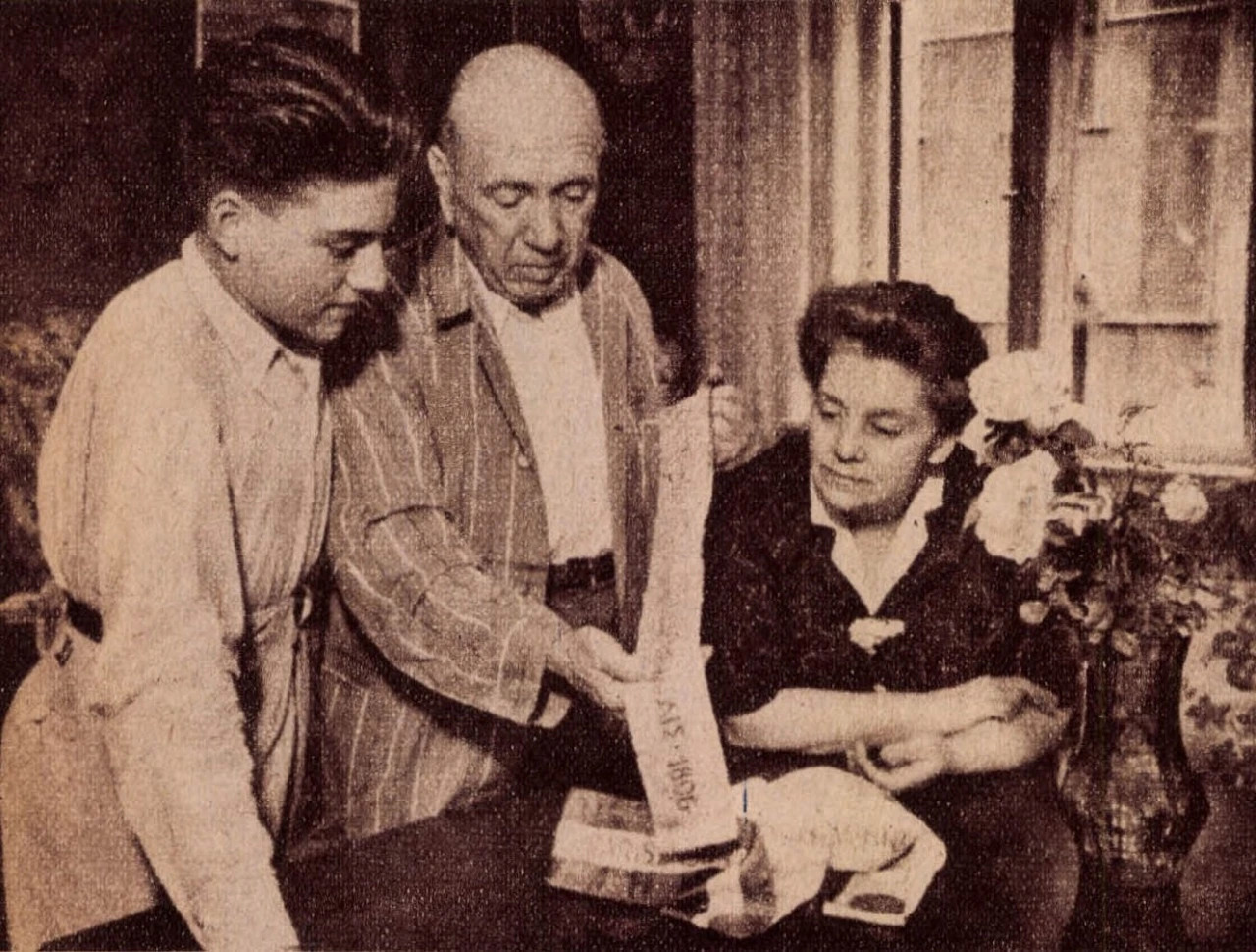Where and when did I stumble upon this film?
Pune is a very culturally rich city, and housed on the junction between Law College Road and Prabhat Road, was (and still is) a quaint bungalow called the Jaykar bungalow which was established in 1910. M.R.Jaykar was the first Vice Chancellor of Pune University. The National film archive of India (NFAI), India’s central, state supported repository of films which was set up in 1964 and prior to the fire of 2003 held almost 10,000 film titles, film posters and a gorgeous film screening space. We had to take out our shoes/chappals/footwear outside and watch special movies at a time when Netflix and the internet was non-existent. In 1998 I was 18 years old, and my mother proposed that I accompany her for a film festival at the archives. Samosas and hot cutting chai was promised during the interval. It would showcase a Japanese filmmaker called Akira Kurosawa. Neither had I ever heard of, nor seen any of his films. Besides, I did not have the attention span of a 40-year-old (which I am now). The films being shown, over three days were (if my memory serves me well) (1) I live in fear (2) Rashomon and (3) Red Beard. I did not just sit through the entire film, but really enjoyed it.
What do I (now) know about Akira Kurosawa during the making of this film?
One must remember that the atomic bombings of Hiroshima and Nagasaki had happened 10 years earlier in 1945 and had killed over two and half lakh civilians. In his autobiography, Kurusowa writes how as a young child in Tokyo he witnessed the Kanto earthquake that killed over a lakh people. He and his brother Heigo witnessed gruesome and macabre scenes. Whereas young Kurusowa wanted to look away, his brother instructed him to keep looking. He told him to look fear in the eye in order to not be afraid. If you look away, his brother said, fear will consume you.
Whats the film about?
A wealthy foundry owner, Kiichi Nakajima is fearful of another nuclear attack. He has already invested heavily in underground dwellings. But now, he wants to go one step further and decides to move his entire family from Tokyo to a safe farm in Brazil to escape this imminent Holocaust. He is a stubborn man and hellbent on selling all his family assets (which ironically he has accumulated from scratch)and his family, afraid of losing their status and inheritance take him to court and try to have him declared mentally incompetent. What a wonderful film, and how well it represents what I see in everyday life. The individual, the family and society. It is not a feelgood film. It does not have a stereotypical Bollywood happy ending. It is “art” more than film, and I can see so many of my friends completely rejecting it. But if you ask me, a must watch especially if you are part of a Department of psychology and want a movie to dissect and debate.
Does intention matter? Did you judge the protagonist? Why? Did you feel good when he was sent to an asylum ? Why ? What is your opinion about the relationship between children and parents in the Indian society ? What about the wife of the protagonist ? Is everyone happy in the end ? The questions can go on and on.
What were Kurosawa’s feelings about this film?
Despite this being one of the least commercially successful films for him, Kurosawa said it was one that made him very proud.
Where can I watch the film in India?
www.criterionchannel.com which charges a subscription of approximately USD 100 or INR 7500/- a year.





